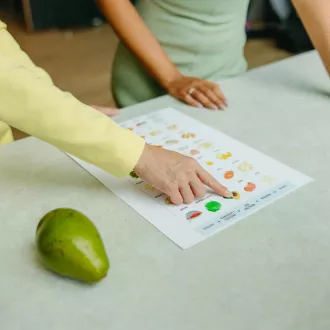ByOnlinecourses55

Diet low sodium control arterial pressure - nutrition geriatrics
Controlling blood pressure is critical to maintaining good cardiovascular health. One of the most effective ways to achieve this is through a low-sodium diet, which not only helps lower blood pressure, but can also prevent a number of complications associated with hypertension.
Sodium is an essential mineral for the functioning of the body, but when consumed in excess, it can have negative effects on health. High sodium intake is one of the main risk factors for the development of hypertension, which increases the likelihood of cardiovascular disease, stroke and kidney problems.
A low-sodium diet can be crucial for lowering blood pressure. Excess salt in the diet contributes to fluid retention, which increases blood volume in the body and thus raises blood pressure. By decreasing sodium, the body begins to eliminate excess fluids, which helps normalize blood pressure levels.
The benefits of a low-sodium diet go beyond controlling hypertension. It can also improve kidney function, reduce the risk of stroke and protect the heart in the long term. In addition, many studies have shown that this diet has a positive impact on controlling other cardiovascular risk factors, such as high cholesterol.
It is important to avoid processed and convenience foods that are high in sodium. This includes products such as:
A good practice is to read food labels and look for foods with low sodium content. Avoiding excessive use of salt in cooking is essential, but it is also important to replace it with natural spices such as garlic, basil, rosemary or lemon, which add flavor without increasing the amount of sodium.
Some foods recommended for following a low sodium diet include:
In addition to dietary changes, it is essential to engage in regular physical activity and reduce alcohol and tobacco consumption. These habits not only complement the effects of a low sodium diet, but also contribute to the overall improvement of cardiovascular health.
Adopting a low-sodium diet does not mean making sacrifices in taste or quality of life. With the right strategies, you can enjoy delicious, healthy eating while protecting your heart and effectively controlling your blood pressure.
Remember that every little action counts. By making gradual changes and being mindful of what you consume, you'll be on the right track to maintaining a healthy blood pressure and improving your overall well-being.